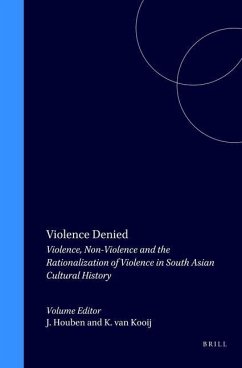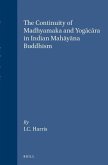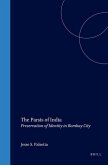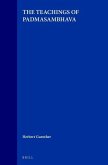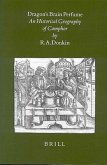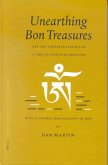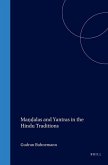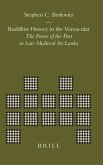In the course of millennia of dealing with problems of violence, South Asia has not only elaborated the ideal of total avoidance of violence in a unique manner, it also developed arguments justifying and rationalizing its employment under certain circumstances. Some of these arguments seemingly transform all sorts of 'violence' into 'non-violence'. Historical and cultural aspects of the tensions between violence and its denial and rationalization in South Asia are taken up in the contributions of this volume which deal with topics ranging from the origins of the concept of "ahi?s?," to the iconography and interpretation of a self-beheading goddess, and violent heroines in Ajneya's Hindi short stories.

